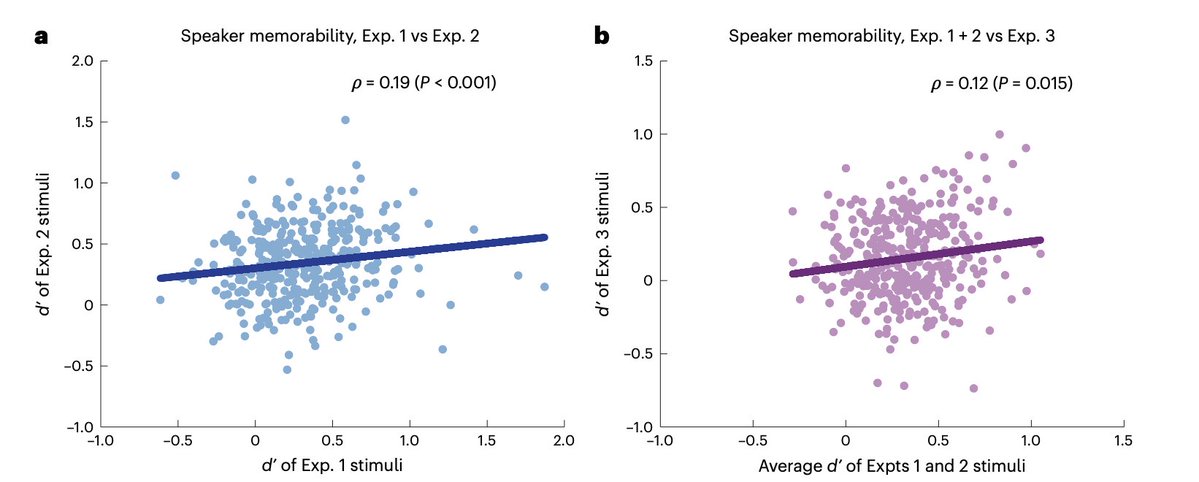
Igor Utochkin
@iutochkin
Research scientist at the University of Chicago. I study visual perception, attention, and memory
@[email protected]
ID: 1019442439579471872
18-07-2018 04:43:12
301 Tweet
471 Followers
323 Following


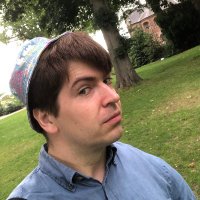


OPAM is excited to announce Dr. Edward Awh (Edward Awh) as the keynote speaker for our annual meeting in NYC, 2024! To learn more, check out our feature of him on our website: opam.net. Mark your calendars for his address! You won't want to miss it!

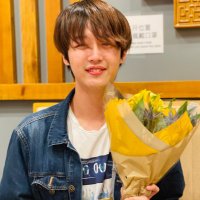

If you are still at VSS Meeting come to listen to me Wednesday at 8:15am (Visual Memory session). I'll tell what we learned about the consequences of encoding speed for subsequent retrieval using ERP's (w/ Chong Zhao and Ed Vogel). #VSS2024



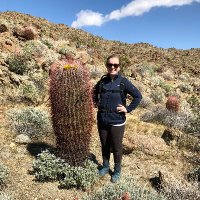



Excited to share our new work in Nature Communications . Introducing a "comprehensive exploration" model that uncovers all mechanisms of visual working memory in one framework, built from a single large-scale controlled experiment. doi.org/10.1038/s41467…

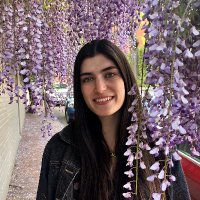
New paper out in Nature Human Behaviour! In it, Wilma Bainbridge and I find that participants tend to remember and forget the same speakers' voices, regardless of speech content. We also predict the memorability of voices from their low-level features: nature.com/articles/s4156…
